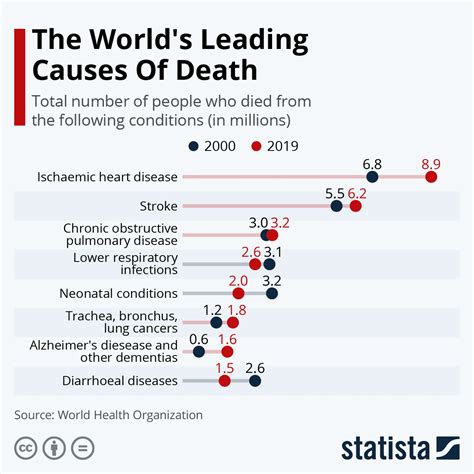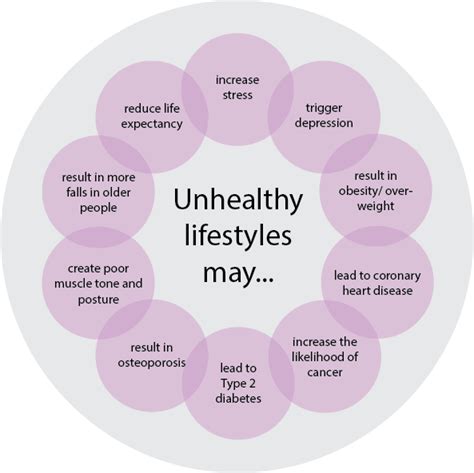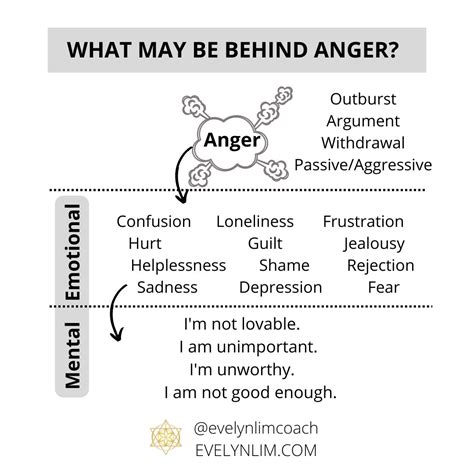Intro
Sudden extreme fatigue in children can be a concerning and puzzling phenomenon for parents and caregivers. Fatigue is a common complaint in children, but when it becomes severe and sudden, it may indicate an underlying issue that requires attention. As a parent, it's essential to understand the potential causes of sudden extreme fatigue in children and know when to seek medical help. In this article, we will delve into the world of pediatric fatigue, exploring its possible causes, symptoms, and treatment options.
Children are naturally energetic and curious, and fatigue can be a normal response to physical activity, emotional stress, or lack of sleep. However, when fatigue becomes overwhelming and interferes with daily activities, it's crucial to investigate the underlying reasons. Sudden extreme fatigue in children can be caused by various factors, including medical conditions, lifestyle factors, and emotional issues. As we explore the possible causes of pediatric fatigue, it's essential to remember that each child is unique, and what may cause fatigue in one child may not be the same for another.
Understanding Fatigue in Children

Medical Causes of Sudden Extreme Fatigue in Children

Diagnosing Medical Causes of Fatigue
Diagnosing medical causes of fatigue in children requires a comprehensive medical evaluation, including a physical examination, medical history, and laboratory tests. The doctor may order blood tests, imaging studies, or other diagnostic tests to rule out underlying medical conditions.Lifestyle Factors Contributing to Fatigue in Children

Managing Lifestyle Factors to Reduce Fatigue
Managing lifestyle factors is crucial to reducing fatigue in children. This can be achieved by: * Establishing a consistent sleep schedule and bedtime routine * Encouraging a balanced diet and healthy eating habits * Promoting regular physical activity and outdoor play * Limiting screen time and technology use * Teaching stress-reducing techniques, such as meditation or deep breathing * Addressing social issues or bullyingEmotional and Psychological Causes of Fatigue in Children

Addressing Emotional and Psychological Causes of Fatigue
Addressing emotional and psychological causes of fatigue in children requires a comprehensive approach, including: * Counseling or therapy to address underlying emotional issues * Stress-reducing techniques, such as meditation or deep breathing * Academic support or accommodations to address learning disabilities * Social skills training or therapy to address social issues * Family therapy or counseling to address relationship problemsTreatment Options for Sudden Extreme Fatigue in Children

When to Seek Medical Help
It's essential to seek medical help if your child experiences sudden extreme fatigue, especially if it's accompanied by other symptoms, such as: * Fever or chills * Headache or body aches * Difficulty breathing or shortness of breath * Chest pain or palpitations * Abdominal pain or vomiting * Seizures or loss of consciousnessWhat are the common causes of sudden extreme fatigue in children?
+Sudden extreme fatigue in children can be caused by medical conditions, lifestyle factors, and emotional issues. Common causes include anemia, diabetes, hypothyroidism, sleep disorders, infections, and chronic illnesses.
How can I distinguish between normal fatigue and pathological fatigue in my child?
+Normal fatigue is a common response to physical activity, emotional stress, or lack of sleep. Pathological fatigue, on the other hand, is characterized by overwhelming and persistent fatigue that interferes with daily activities. If your child experiences sudden extreme fatigue, it's essential to consult with a healthcare professional to rule out underlying medical conditions.
What are the treatment options for sudden extreme fatigue in children?
+Treatment options for sudden extreme fatigue in children depend on the underlying cause. Medical conditions may require medication, therapy, or lifestyle changes. Lifestyle factors can be addressed through behavioral changes, such as establishing a consistent sleep schedule or promoting regular physical activity. Emotional and psychological causes may require counseling or therapy.
As we conclude our exploration of sudden extreme fatigue in children, it's essential to remember that each child is unique, and what may cause fatigue in one child may not be the same for another. By understanding the possible causes of pediatric fatigue, recognizing the symptoms, and seeking medical help when necessary, you can help your child overcome sudden extreme fatigue and regain their energy and vitality. If you have any concerns or questions about your child's fatigue, don't hesitate to share them in the comments below or consult with a healthcare professional. Let's work together to support the health and well-being of our children.
